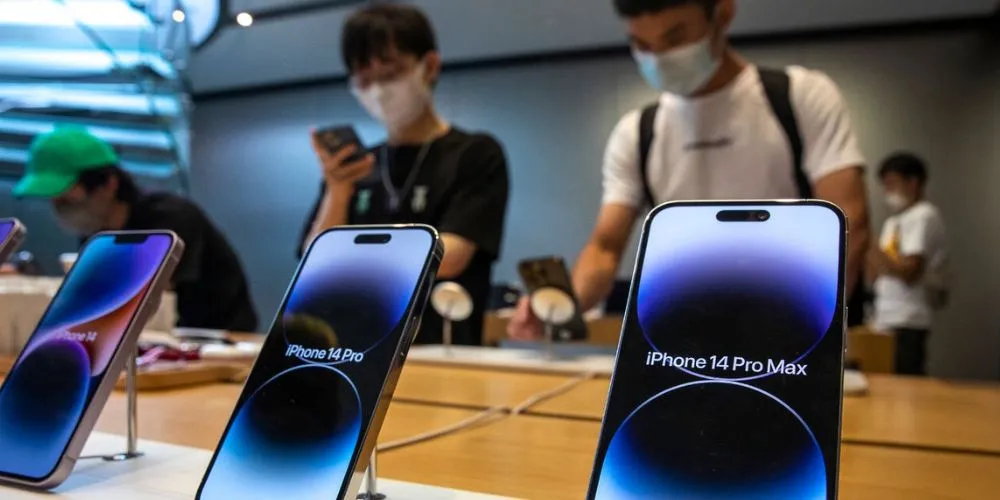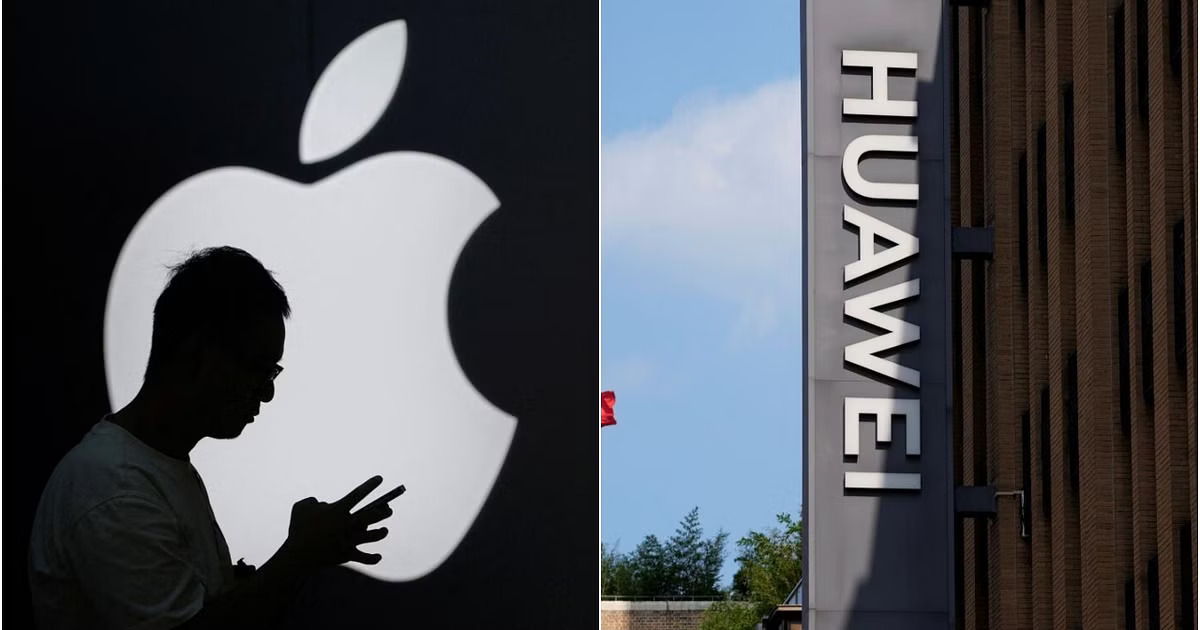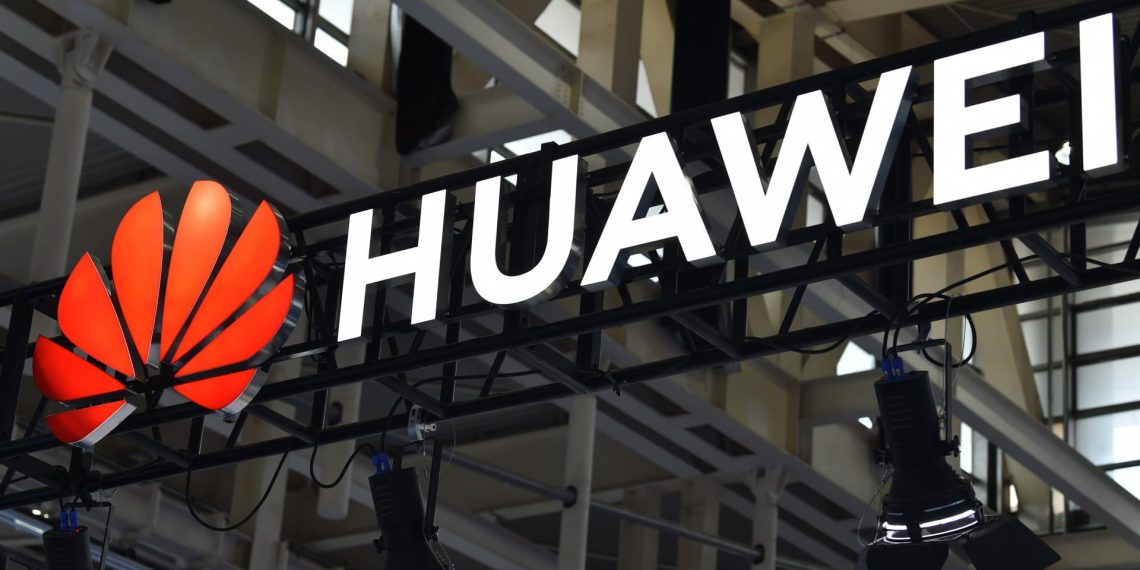Apple’s iPhone sales in China faced a significant setback, plummeting by 24% year-on-year during the first six weeks of 2024, as reported by research firm Counterpoint. The decline was attributed to intensified competition from domestic rivals, notably Huawei.
Conversely, Huawei experienced a remarkable surge in unit sales, marking a staggering 64% increase during the same period.

As a result of this shift in dynamics, Apple‘s share of the Chinese smartphone market dwindled to 15.7%, landing the tech giant in fourth place. This represents a notable drop from its second-place position in 2023 when it commanded a 19% market share.
Conversely, Huawei’s ascendancy propelled it to second place, with its market share expanding to 16.5% from a mere 9.4% a year earlier.
Counterpoint’s senior analyst, Mengmeng Zhang, attributed Apple’s challenges to fierce competition from Huawei in the premium smartphone segment, coupled with pricing pressure from other Chinese brands like OPPO, Vivo, and Xiaomi.
To counteract this trend, Apple initiated subsidies of up to 1,300 yuan ($180.68) on certain iPhone models through its flagship stores on Tmall, Alibaba’s leading marketplace platform. This followed previous discounts of up to 500 yuan offered on its official sites the prior month.

The resurgence in Huawei’s premium smartphone sales was attributed to the release of its Mate 60 series in August, marking a turnaround after years of grappling with U.S. restrictions on key component exports.
Honor, Huawei’s smartphone brand spun off in 2020, also experienced growth, being the only other top-five brand to witness an increase in unit sales, up by 2%. Conversely, Chinese brands Vivo, Xiaomi, and Oppo faced declines of 15%, 7%, and 29%, respectively.
Despite Apple’s setback, the overall smartphone market in China shrank by 7%, reflecting the competitive landscape’s challenges and dynamics.





